Substance abuse is a pervasive issue that affects not only individuals but also their families and close relationships. When both partners in a relationship struggle with substance abuse, the challenges become even more complex. Traditional substance abuse treatments often focus on the individual, but there is a growing recognition of the importance of addressing the needs of couples who are navigating addiction together. Couples rehabs have emerged as a specialized form of treatment designed to help partners work through their substance abuse issues in a supportive and collaborative environment.
This article delves into the various methods of substance abuse treatment specifically tailored for couples. By exploring the unique dynamics and therapeutic approaches used in couples rehabs, we aim to provide a comprehensive understanding of how these programs work to foster recovery for both partners. We will discuss the definition and purpose of couples rehabs, their benefits, the challenges faced by couples in recovery, and the specific individual and joint therapies employed. Additionally, we will examine supportive treatments that complement the primary therapeutic approaches, enhancing the overall effectiveness of the rehab process.
Understanding the intricacies of substance abuse treatment at couples rehabs is crucial for anyone considering this path to recovery. Whether you are a couple in need of help, a healthcare professional, or simply someone interested in the field, this article offers valuable insights into how couples can overcome addiction together, fostering healthier, stronger relationships in the process.
Treatment Services for Couples 888-325-2454
I. Overview of Couples Rehabs
A. Definition and Purpose
Couples rehabs, also known as couples addiction treatment centers, are specialized facilities designed to provide substance abuse treatment to couples who are struggling with addiction. The primary purpose of these rehabs is to offer a supportive environment where both individuals can receive the necessary care and therapy to overcome their addictions while working on their relationship dynamics. By addressing both partners simultaneously, couples rehabs aim to foster mutual support, improve communication, and strengthen the relationship, which can be pivotal for long-term recovery.
B. Benefits of Couples Rehabs
One of the significant benefits of couples rehabs is the opportunity for both partners to go through the recovery process together. This shared journey can enhance empathy and understanding, as each person is aware of the other’s struggles and progress. Additionally, couples rehabs provide a unique setting where relationship issues that may have contributed to Substance abuse can be addressed in tandem with addiction treatment. By working on these issues together, couples can develop healthier relationship patterns and coping mechanisms.
Another benefit is the integrated approach to treatment. Couples rehabs combine individual and joint therapies, allowing for a comprehensive treatment plan that addresses the needs of both partners. This holistic approach can improve the chances of sustained recovery, as it ensures that both individuals receive the support and care tailored to their specific situation.
C. Challenges Faced by Couples
While couples rehabs offer numerous benefits, they also present unique challenges. One of the primary challenges is the potential for codependency, where one partner’s recovery is overly reliant on the other’s progress. This interdependence can complicate the treatment process and may require additional therapeutic interventions to foster healthy independence within the relationship.
Another challenge is the possibility of relational conflict intensifying during treatment. As couples confront their issues and work through their problems, underlying tensions may surface, leading to increased conflict. It’s essential for couples rehabs to have skilled therapists who can navigate these conflicts and guide the couple towards resolution and growth.
Additionally, balancing individual and joint needs can be complex. Each partner may progress at different rates, necessitating personalized treatment plans that accommodate both individual and shared goals. Effective communication between therapists and the couple is crucial to ensure that both partners’ needs are met without compromising the overall treatment objectives.
In summary, couples rehabs provide a supportive and integrated approach to substance abuse treatment, allowing couples to work on their recovery and relationship simultaneously. Despite the challenges, the benefits of mutual support, improved communication, and comprehensive care make couples rehabs a valuable option for those seeking to overcome addiction together.
II. Individual Therapy
Individual therapy forms a crucial component of substance abuse treatment in couples rehabs. It allows each partner to work on their personal issues, which may contribute to substance abuse, in a safe and confidential environment. This personalized approach is essential for addressing the unique psychological and emotional factors that drive addiction. Here are some of the primary methods used in individual therapy within couples rehabs:
A. Cognitive Behavioral Therapy (CBT)
Cognitive Behavioral Therapy (CBT) is a widely-utilized method in substance abuse treatment. It focuses on identifying and changing negative thought patterns and behaviors that contribute to addiction. In a couples rehab setting, CBT helps individuals recognize the triggers and stressors that lead to substance use. Therapists collaborate with patients to develop coping strategies and healthier behavioral responses. By addressing these underlying cognitive distortions, individuals can build a foundation for sustained recovery, which ultimately benefits the relationship as a whole.
B. Motivational Interviewing (MI)
Motivational Interviewing (MI) is another effective individual therapy technique used in couples rehabs. This method is client-centered and aims to enhance an individual’s motivation to change harmful behaviors. During MI sessions, therapists employ open-ended questions, reflective listening, and affirmations to help individuals explore their ambivalence about substance use and strengthen their commitment to recovery. In the context of couples rehabs, MI can be particularly beneficial in helping each partner articulate their personal goals and the steps they need to take to achieve them. This approach fosters a sense of personal responsibility and empowerment, which is critical for successful recovery.
C. Dialectical Behavior Therapy (DBT)
Dialectical Behavior Therapy (DBT) is a form of cognitive-behavioral therapy that integrates strategies for emotional regulation, distress tolerance, and interpersonal effectiveness. DBT is especially useful for individuals who struggle with intense emotions, self-destructive behaviors, and relationship difficulties. In couples rehabs, DBT helps individuals develop skills to manage their emotions and reduce behaviors that could harm themselves or their relationship. Techniques such as mindfulness, distress tolerance, and emotional regulation are taught and practiced, enabling individuals to navigate the complexities of both their addiction and their relationship more effectively.
By incorporating these individual therapy methods, couples rehabs provide a comprehensive treatment approach that addresses both personal and relational aspects of substance abuse. This dual focus helps ensure that both partners can achieve and maintain sobriety while fostering a healthier, more supportive relationship.
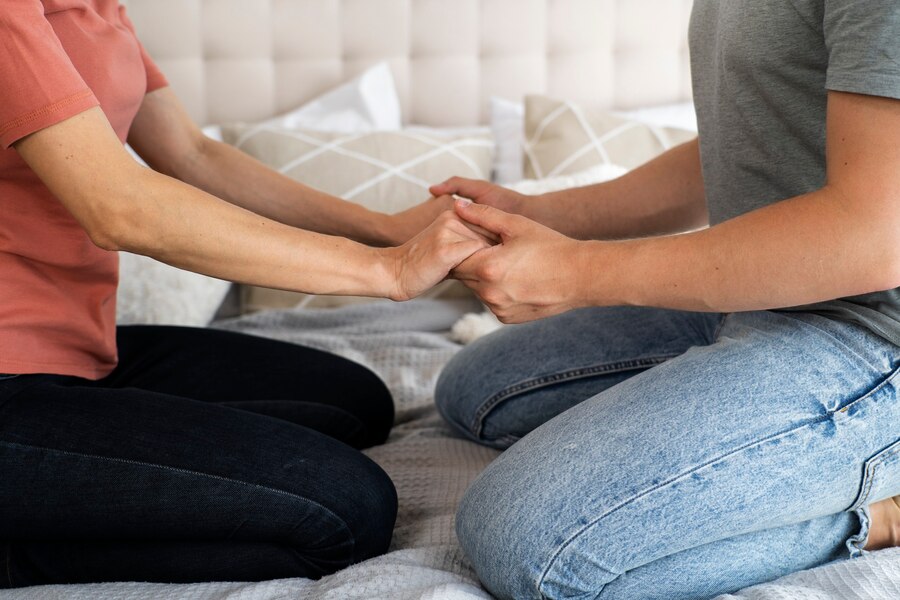
III. Couples Therapy
Couples therapy is a pivotal component of substance abuse treatment in couples rehabs. This therapeutic approach not only addresses individual addiction issues but also the dynamics of the relationship that may contribute to or be affected by substance abuse. Understanding and resolving these relational factors can significantly enhance the recovery process for both partners. Several therapeutic methodologies are employed to achieve these objectives, each offering unique benefits and strategies.
A. Emotionally Focused Therapy (EFT)
Emotionally Focused Therapy (EFT) is a structured approach to couples therapy that focuses on the emotional bond between partners. Developed by Dr. Sue Johnson, EFT aims to create secure emotional attachments by helping couples understand and express their underlying emotions. In the context of substance abuse, EFT can be particularly effective in addressing the emotional disconnection that often accompanies addiction.
EFT involves three stages: de-escalation of negative cycles, restructuring interactions, and consolidation of new positions. By identifying and modifying harmful interaction patterns, EFT helps couples develop healthier communication strategies and emotional responses. This renewed emotional connection can provide a strong foundation for sustained recovery, as partners become better equipped to support each other through the challenges of overcoming addiction.
B. Behavioral Couples Therapy (BCT)
Behavioral Couples Therapy (BCT) is another evidence-based approach that focuses on improving relationship dynamics to support substance abuse recovery. BCT aims to decrease substance use and enhance relationship satisfaction by promoting positive behaviors and improving communication skills. The therapy involves collaborative goal-setting and the use of behavioral contracts to encourage sobriety and mutual support.
In BCT, couples learn specific skills such as problem-solving, effective communication, and conflict resolution. These skills not only help in reducing substance use but also in building a healthier, more supportive relationship environment. Research has shown that couples who participate in BCT have better outcomes in terms of both relationship satisfaction and substance abuse recovery compared to those who undergo individual therapy alone.
C. Systemic Therapy
Systemic Therapy takes a broader view of the issues affecting a couple by considering the various systems in which they operate, such as family, social, and cultural contexts. This approach recognizes that substance abuse does not occur in a vacuum and is often influenced by a range of external factors. Systemic Therapy aims to identify and address these broader influences to create a more supportive environment for recovery.
Systemic Therapy involves exploring patterns of behavior and communication within the couple’s relationship and their extended social systems. Therapists work to identify dysfunctional patterns and help the couple develop healthier ways of interacting within these systems. By addressing the wider context in which substance abuse occurs, Systemic Therapy can provide a more comprehensive treatment approach that supports long-term recovery.
In conclusion, couples therapy is a vital element of substance abuse treatment in couples rehabs. By focusing on relational dynamics and fostering healthier interactions, these therapeutic approaches can significantly enhance both individual recovery and relationship satisfaction. Whether through Emotionally Focused Therapy, Behavioral Couples Therapy, or Systemic Therapy, couples can find the support they need to overcome addiction and build a stronger, more resilient partnership.
IV. Supportive Treatments
Supportive treatments play a crucial role in the comprehensive care provided at couples rehabs. These treatments complement individual and couples therapies, fostering a holistic approach to recovery. This section explores the various supportive treatments that can significantly enhance the rehabilitation process for couples dealing with substance abuse.
A. Group Therapy
Group therapy is a cornerstone of supportive treatments in couples rehabs. It involves structured sessions where multiple individuals, often couples, share their experiences and challenges with substance abuse under the guidance of a trained therapist. The primary benefits of group therapy include:
- Peer Support: Sharing experiences with others who are facing similar challenges can create a sense of camaraderie and mutual understanding. This can be particularly empowering for couples, as they can see they are not alone in their struggles.
- Skill Development: Group therapy sessions often focus on developing practical skills for managing addiction and improving relationships. These can include communication techniques, coping strategies, and problem-solving skills.
- Feedback and Accountability: Participants can offer and receive constructive feedback, which can help them reflect on their behaviors and progress. This accountability can motivate couples to stay committed to their recovery journey.
- Diverse Perspectives: Hearing different perspectives can provide new insights and coping strategies that couples might not have considered. This diversity of experiences can be invaluable in fostering personal and relational growth.
B. Family Therapy
Family therapy involves the couple’s extended family in the treatment process. This approach recognizes that substance abuse affects not just the individuals struggling with addiction but also their family members. By involving the family, therapy can address broader relational dynamics and provide a more supportive environment for recovery.
- Rebuilding Trust: Substance abuse often erodes trust within families. Family therapy aims to rebuild this trust by fostering open communication and understanding.
- Education: Family members are educated about the nature of addiction, the recovery process, and how they can support their loved ones effectively.
- Conflict Resolution: Therapy provides a safe space to address and resolve long-standing conflicts that may contribute to or result from substance abuse.
- Support Network: By involving the family, therapy helps build a robust support network that can provide ongoing encouragement and accountability for the couple in recovery.
C. Holistic Therapies
Holistic therapies encompass a range of non-traditional treatments that focus on the mind-body connection. These therapies can be particularly beneficial in addressing the physical, emotional, and spiritual aspects of addiction. Common holistic therapies include:
- Mindfulness and Meditation: These practices help individuals develop greater awareness of their thoughts and emotions, which can reduce stress and improve emotional regulation. For couples, practicing mindfulness together can enhance emotional intimacy and communication.
- Yoga and Physical Exercise: Physical activities like yoga can improve overall well-being, reduce stress, and promote a healthier lifestyle. Engaging in these activities as a couple can strengthen their bond and support mutual health goals.
- Nutritional Therapy: Proper nutrition is essential for physical and mental health. Nutritional therapy educates individuals on how to nourish their bodies, which can improve mood and energy levels, aiding in the recovery process.
- Art and Music Therapy: Creative therapies provide an outlet for expressing emotions and can be a powerful tool for healing. These therapies can help couples connect on a deeper emotional level and explore their feelings in a non-verbal way.
D. Relapse Prevention Planning
Relapse prevention planning is a critical supportive treatment that involves creating strategies to prevent relapse and maintain long-term sobriety. This planning is tailored to the couple’s unique circumstances and includes:
- Identifying Triggers: Recognizing the situations, emotions, or environments that may lead to substance use is the first step in prevention. Couples work together to identify these triggers and develop strategies to avoid or cope with them.
- Developing Coping Strategies: Couples learn and practice various coping mechanisms to manage cravings and stress. These strategies can include deep breathing exercises, mindfulness techniques, or engaging in healthy activities.
- Creating a Support Network: Establishing a network of supportive friends, family members, and recovery groups provides a safety net for both partners. This network can offer encouragement, accountability, and assistance during challenging times.
- Setting Goals and Milestones: Setting achievable goals and celebrating milestones can keep couples motivated and focused on their recovery journey. These goals can be related to both individual and relational growth.
By integrating these supportive treatments into their recovery plan, couples can enhance their chances of sustained sobriety and build a healthier, more fulfilling relationship. Group therapy, family therapy, holistic therapies, and relapse prevention planning all contribute to a comprehensive approach that addresses the multifaceted nature of addiction and recovery.
V. Substance Abuse Treatment at Couples Rehabs
Substance abuse treatment for couples is a complex but crucial aspect of recovery that addresses not only individual addiction issues but also the dynamics of the relationship. By understanding and integrating various therapeutic approaches such as individual therapy, couples therapy, and supportive treatments, couples rehabs provide a comprehensive and holistic pathway to recovery.
Couples rehabs offer a unique and supportive environment where partners can work on their recovery together, fostering mutual support and understanding. This integrated approach not only helps in overcoming addiction but also strengthens the relationship, paving the way for a healthier, more fulfilling life together.
By exploring and understanding these various methods, individuals and healthcare professionals can better appreciate the value and effectiveness of couples rehabs in treating substance abuse. Whether you are a couple in need of help or someone seeking to support loved ones, recognizing the importance of addressing both individual and relational aspects of addiction can significantly enhance the recovery journey

1. My partner and I both struggle with substance abuse. Are there specific Methods of Substance Abuse Treatment for couples?
Answer: Yes! Couples Rehabs offers programs designed for couples battling addiction together. These programs combine individual therapy with couples therapy, fostering a supportive and accountable environment for shared healing.
2. What are the benefits of Couples Methods of Substance Abuse Treatment?
Answer: Couples Rehabs programs provide several advantages:
- Shared understanding: You and your partner learn about addiction together, strengthening your support system.
- Improved communication: Couples therapy helps you express concerns, rebuild trust, and develop healthy communication skills.
- Relapse prevention: Couples accountability strengthens your commitment to recovery and helps each other avoid relapse triggers.
3. What Methods of Substance Abuse Treatment are included in couples programs?
Answer: Couples Rehabs programs often combine:
- Individual therapy: Addressing individual needs and underlying issues contributing to addiction.
- Couples therapy: Focused on communication, conflict resolution, and rebuilding a healthy relationship dynamic.
- Group therapy: Learning from and supporting others facing similar challenges.
- Relapse prevention workshops: Developing strategies to maintain sobriety together.
4. Are there different Methods of Substance Abuse Treatment offered for each partner in a couples program?
Answer: Yes. While there’s a strong focus on shared recovery, Couples Rehabs tailors treatment plans to individual needs. This may involve different therapy approaches or specialized treatment for co-occurring mental health issues.
5. What happens if only one partner in the couple wants to participate in Methods of Substance Abuse Treatment?
Answer: Couples Rehabs can still help! We offer individual treatment programs and support groups for those seeking recovery even if their partner isn’t ready. Supportive partners can also learn valuable skills and tools.
6. Are there Methods of Substance Abuse Treatment specifically for couples struggling with different substances?
Answer: While the core principles remain the same, Couples Rehabs may adjust treatment approaches based on the specific substances involved. We have experience treating couples battling addictions to alcohol, opioids, prescription drugs, and more.
7. Do Methods of Substance Abuse Treatment for couples include family therapy?
Answer: In some cases, yes. Couples Rehabs can incorporate family therapy sessions to address the impact of addiction on family dynamics and foster a supportive recovery environment.
8. What happens after completing a Couples Methods of Substance Abuse Treatment program?
Answer: Couples Rehabs offers aftercare programs and alumni support groups. These provide ongoing support, relapse prevention strategies, and the chance to connect with other couples on their recovery journey.
9. Is couples treatment more expensive than individual Methods of Substance Abuse Treatment?
Answer: The cost can vary depending on the program chosen. Couples Rehabs works with most major insurance providers and may offer bundled pricing for couples treatment, making it potentially cost-effective.
10. How can couples struggling with substance abuse find out more about Methods of Substance Abuse Treatment at Couples Rehabs?
Answer: Contact Couples Rehabs by phone or through our website. Our admissions team can answer your questions, assess your needs, and guide you towards the most effective treatment plan for your recovery journey as a couple.
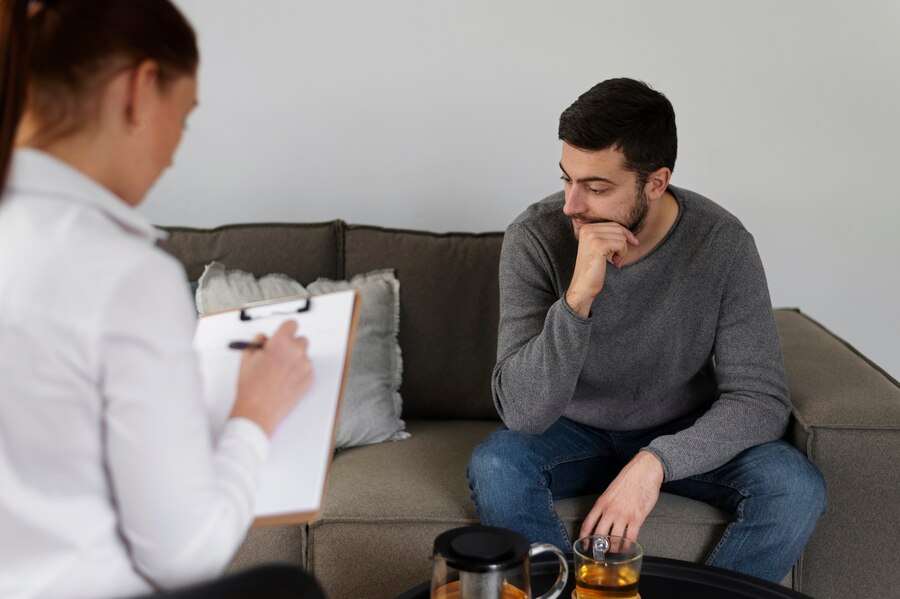
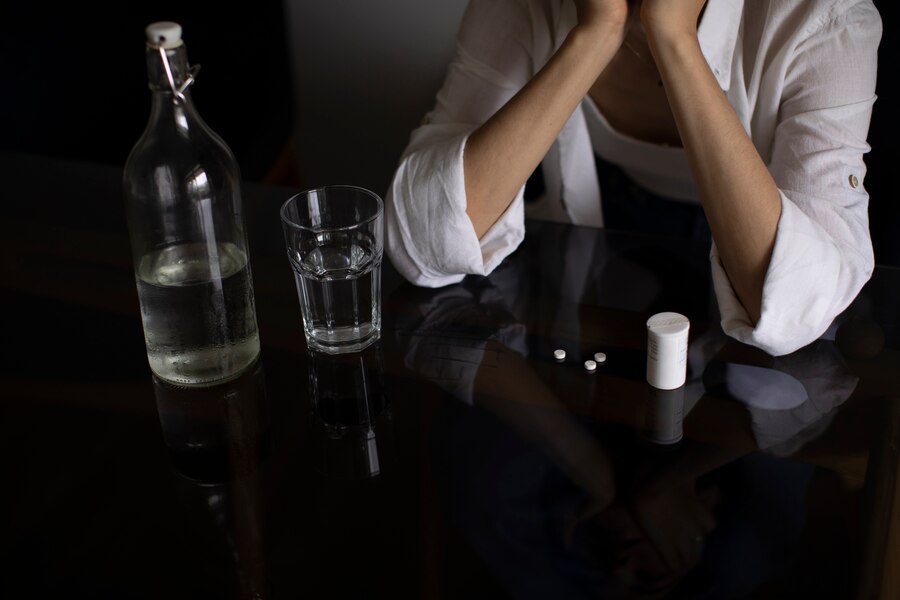

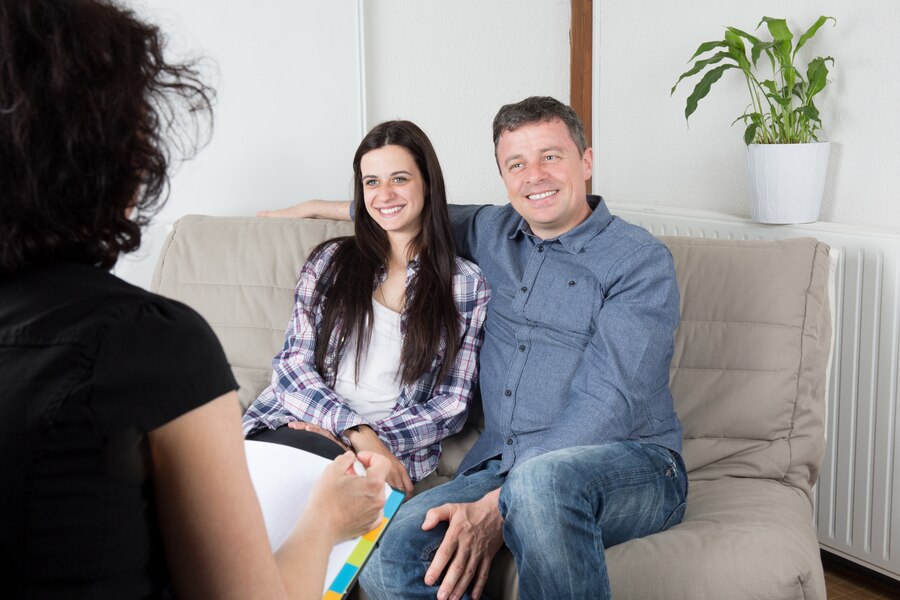
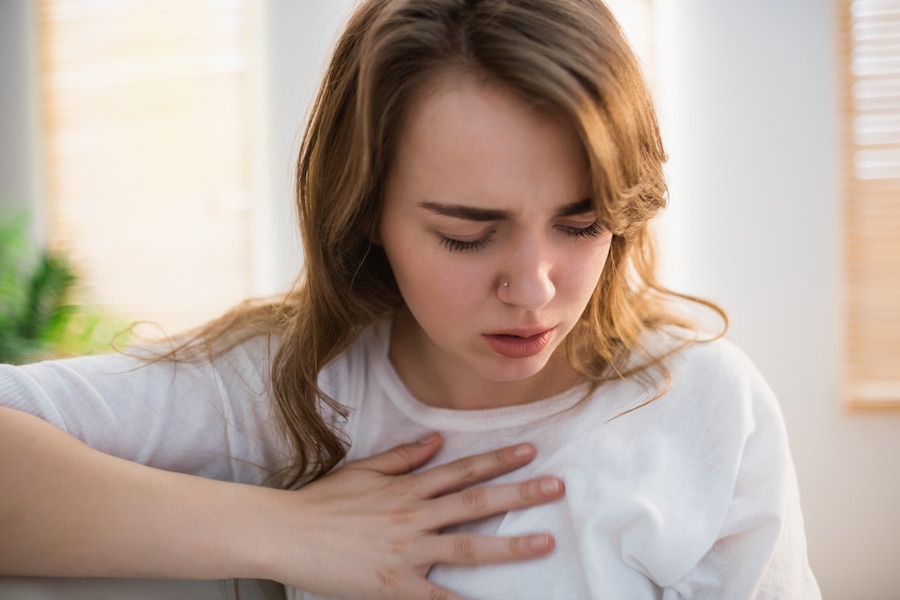
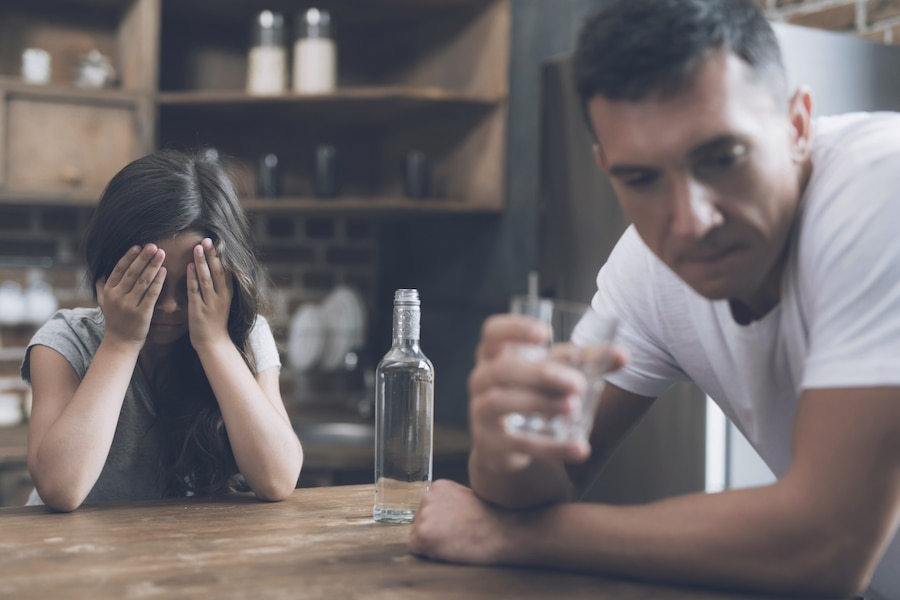
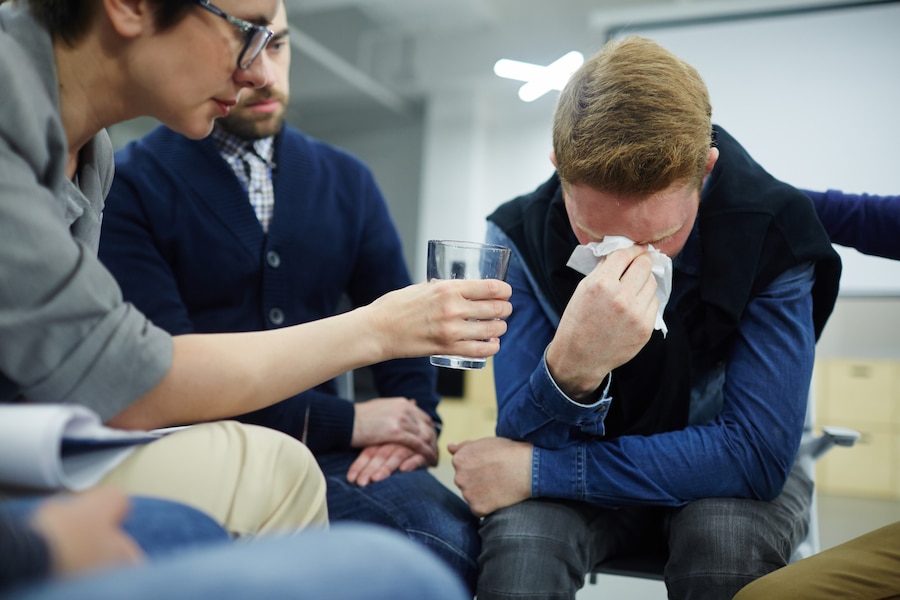




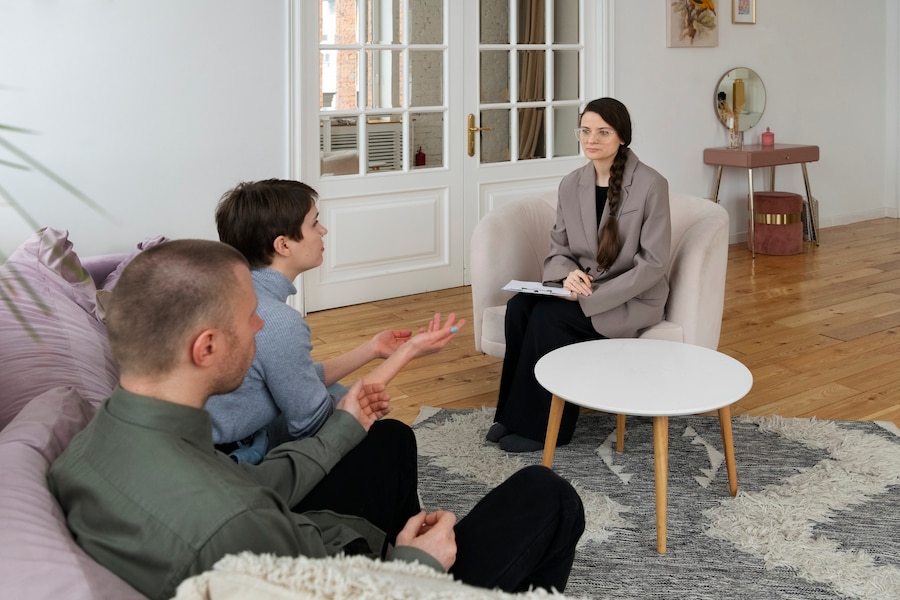


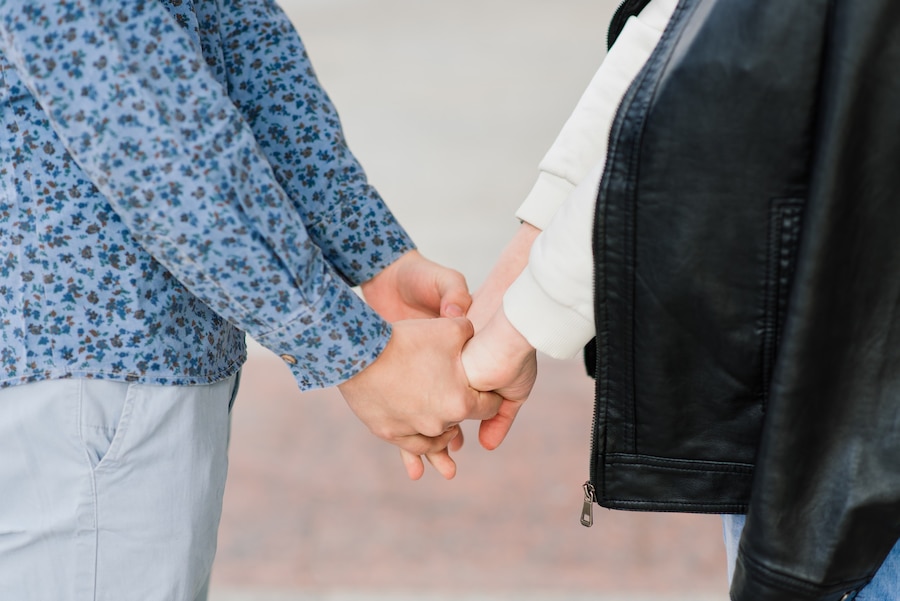
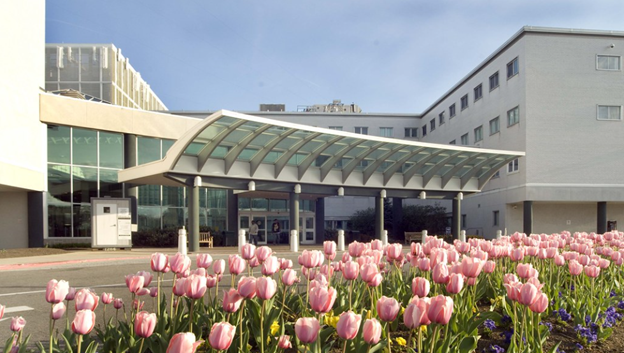




Recent Comments